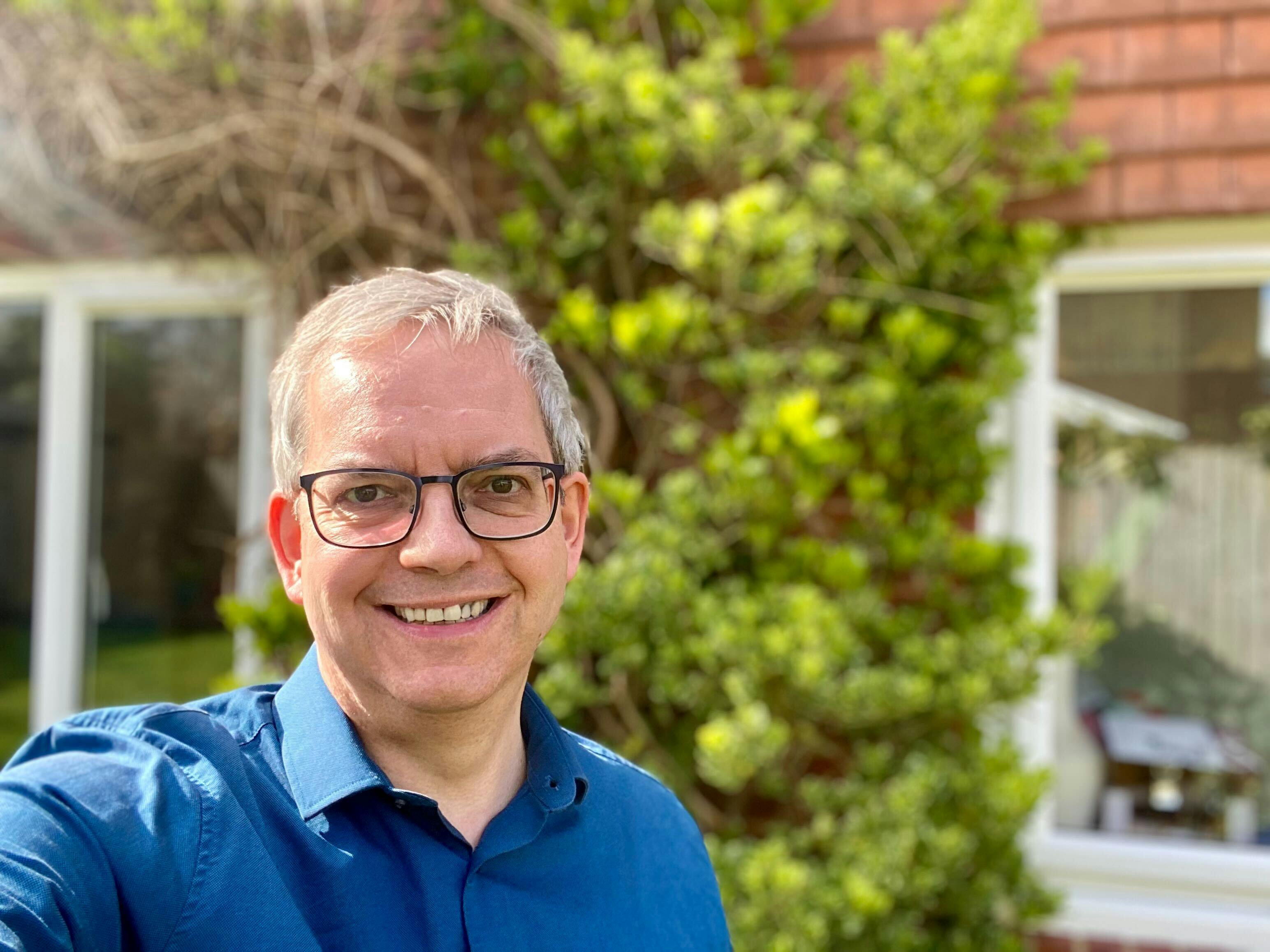
To mark Neurodiversity celebration week 2024, we hear from Jae Halton, Assistant Legal Counsel in our London office who discusses their experiences as a neurodivergent and LGBTQ+ individual in the workplace. Jae reflects on how being neurodivergent, including being ADHD and autistic, has impacted their career journey, highlighting both challenges and strengths and the importance of workplace inclusion and how the FT's values resonate with them personally.
Tell us about your role at the FT, Jae?
I’m Assistant Legal Counsel, a member of the Legal and Compliance team. I advise a wide range of FT business areas on contracts and other commercial issues, and manage a number of other lawyers on the team.
In what ways do you believe being neurodivergent impacts your experiences in the workplace, and how do you navigate any unique challenges that arise?
Like many neurodivergent people of my generation, I’ve spent most of my life and career not knowing that I’m neurodivergent. It was only in the past couple of years that I’ve discovered that I’m ADHD and autistic.
Looking back, I can now see how being neurodivergent has impacted my experiences throughout my career, and how I've adjusted unconsciously over the years. For example, I moved to my current in-house role at a point in my career where remaining in a law firm would have meant more emphasis on things such as networking and marketing — things which I always found difficult, and which I can now see were linked to being AuDHD rather than “personal failings”.
Can you share with us some personal successes or achievements you are proud of as a neurodivergent person in your professional life?
The very fact I have the career I have today is something I’m proud to have achieved, now I realise how my undiagnosed neurodivergence has affected me, especially when I was younger.
At university, I really struggled with executive function — the basics of attending lectures, doing the required work for tutorials, generally applying myself to my studies, and also in terms of broader life skills like laundry and cooking. I can see now how this was ADHD, but at the time it looked like I was just “lazy” and “disorganised”.
I’d had similar struggles at school, but had been able to achieve good marks in exams despite this. At university, though, I reached the limits of what I could “power through”, and ended up scraping a 2:2 in my degree.
But ADHD turned out to have its positive side once I encountered a field (the law) which really interested me. ADHDers are sometimes described as having an “interest-based nervous system”, and when we find careers that engage us, we’re often able to “hyperfocus” and think quickly and creatively about what we’re doing. This is something I can now see being a positive factor throughout my career.
How do you see the intersectionality of being neurodivergent and belonging to the LGBTQ+ community influencing your professional journey, and how do you utilize it to your advantage?
Realising that I’m queer (bisexual and nonbinary) has come just as late in my career as realising I’m neurodivergent. That’s probably why I’m a big fan of the “neuroqueer” paradigm – for me, my neurodivergence and queerness are just different manifestations of the same experience.
Even if for much of my life I've been unconscious of them, looking back I can now see how they’ve given me a different perspective and helped me provide a distinctive approach to how I practice the law and work with my colleagues. I can certainly now see why I never felt fully at home in the very neurotypical, very cishet culture of the typical 1990s/2000s law firm.
Have you encountered any specific barriers or biases as a neurodivergent person in the workplace? How have you navigated those, and what advice would you give to others facing similar challenges?
Many of the barriers and biases have been the ones I've internalised. I grew up in an era when ADHD didn't exist as a diagnosis, and autism was seen as something that affected only a tiny minority of white boys with high support needs. So I internalised the message that I was disorganised and lazy (rather than ADHD) and socially awkward and weird (rather than autistic), and over the years learned to mask these sides of myself as I constructed my “professional” identity.
We also have to be realistic about the difficulties of being open about neurodivergence in the workplace. There are good reasons why many neurodivergent people don’t feel able to be open in the workplace — and indeed many neurodivergent people struggle to hold down jobs at all. Negative perceptions of autistic people, in particular, are deep-rooted in our society. Neurodivergent people need to feel able to keep their neurodivergence confidential until they choose otherwise.
Indeed, my own AuDHD status may well come as a surprise to some of my colleagues who read this. As I gradually open up to people about it, I know I’m running the risk of changing how people perceive me, and not always for the better. It helps, though, that I already have experience of the FT, and my colleagues, being open and accepting.
FT's values are Ambition, Inclusion, Integrity, Curiosity, Trust and Subscriber Focused. In relation to your role at the FT which of these values speaks to you most and why?
As someone who has come to discover their neurodivergent and queer identities while working at the FT, the FT’s commitment to Inclusion has been transformative for me. It’s given me the assurance of knowing the FT aims to be a safe space for all.
Curiosity is also a crucial value for me. As an AuDHDer, I have a very restless and active mind that is always looking for new things to learn and explore – and the FT is constantly providing new challenges and opportunities for my work as a lawyer.